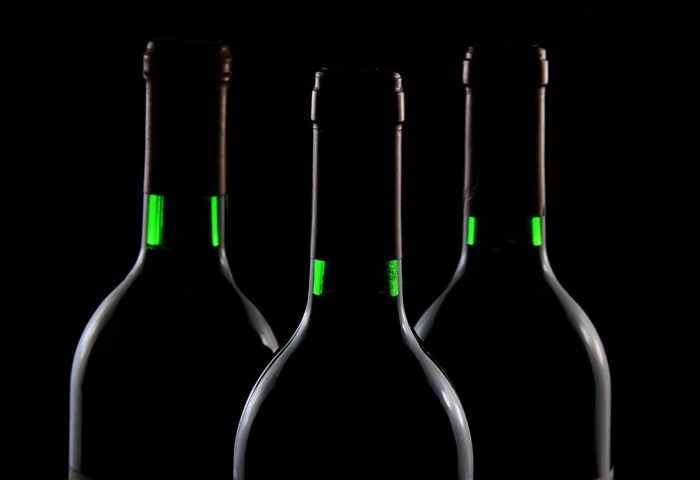
Top stories

ICTToo little, too concentrated: why AI startup funding in Africa needs rethinking
Claire Zanuso 7 hours





More news



ESG & Sustainability
Redisa calls on govt to fix South Africa’s “broken” waste management system
























"For some, it’s a long-term investment while others like to consume their wine. Luckily wine improves over time, so for each bottle you buy, you have time to decide if you want to keep it strictly as an investment or designate it for your personal use. In either event, you’ll need to take steps to preserve both the taste and value by insuring properly against risks," says Colman.
This year's auction saw sales reach R5,264,300 – with the highest priced item being the 1948 Monis Collectors Port, knocked down for R21,000 for 3 x 750ml bottles. The rand per bottle price at Auction has been on an upward trajectory over the past six years and has increased by an impressive 424% since 2012.
The majority of home contents policies in South Africa do not provide adequate insurance coverage for wine collections. In most cases, collectors will need a bespoke personal insurance policy to adequately protect their collection, says Colman. She advises wine aficionados to contact their insurance company and find out what coverage they offer.
"Many homeowners’ policies may cover theft or fire to some extent. If the value of your wine collection is growing, you might want to get some additional and more specific coverage for breakage, spillage, faulty cellar equipment and/or power outages. People who live in places that have a high risk of floods or earthquakes might also consider specific insurance for their wine. Insurance cover is also available for wines in transit or for wines stored away from your home," notes Colman.
Colman adds that a home contents policy which provides cover with an overall limit is the best option for collectors who intend to eventually drink what they have acquired. "For example, Elite’s policy allows you the flexibility to add and remove bottles without having to send notification each time. You’d only have to report a change if the value of an individual bottle grew to exceed the limits on your policy."
If you have bottles of the highest-priced vintages or if you intend to hold onto the items in your collection for the long-term, Colman recommends a specified valuable cover extension, where each bottle or case is itemised or insured separately. "No matter which option you choose, damage from fire, theft, earthquake, flood, breakage and accidental damage should be standard."
• Contact your insurer to find out what cover they offer – if you’re shipping new purchases from vineyards, you’ll need to ensure that your wine is covered for its entire in-transit journey;
• Take an inventory of your wine, keep it up to date and make sure you update your insurer accordingly;
• Hire a professional wine appraiser or get an auction house that specialises in wine collections to evaluate your collection;
• Make sure you can provide both the insurer and appraiser with proof to show you have taken care to mitigate against risks. You’ll need to share details on how you store your wine and for your alarm system.
"Aside from the enjoyment it brings, a well-stocked wine cellar can be a savvy financial move, make sure you’ve bought the best cover for your liquid investment," concludes Colman.